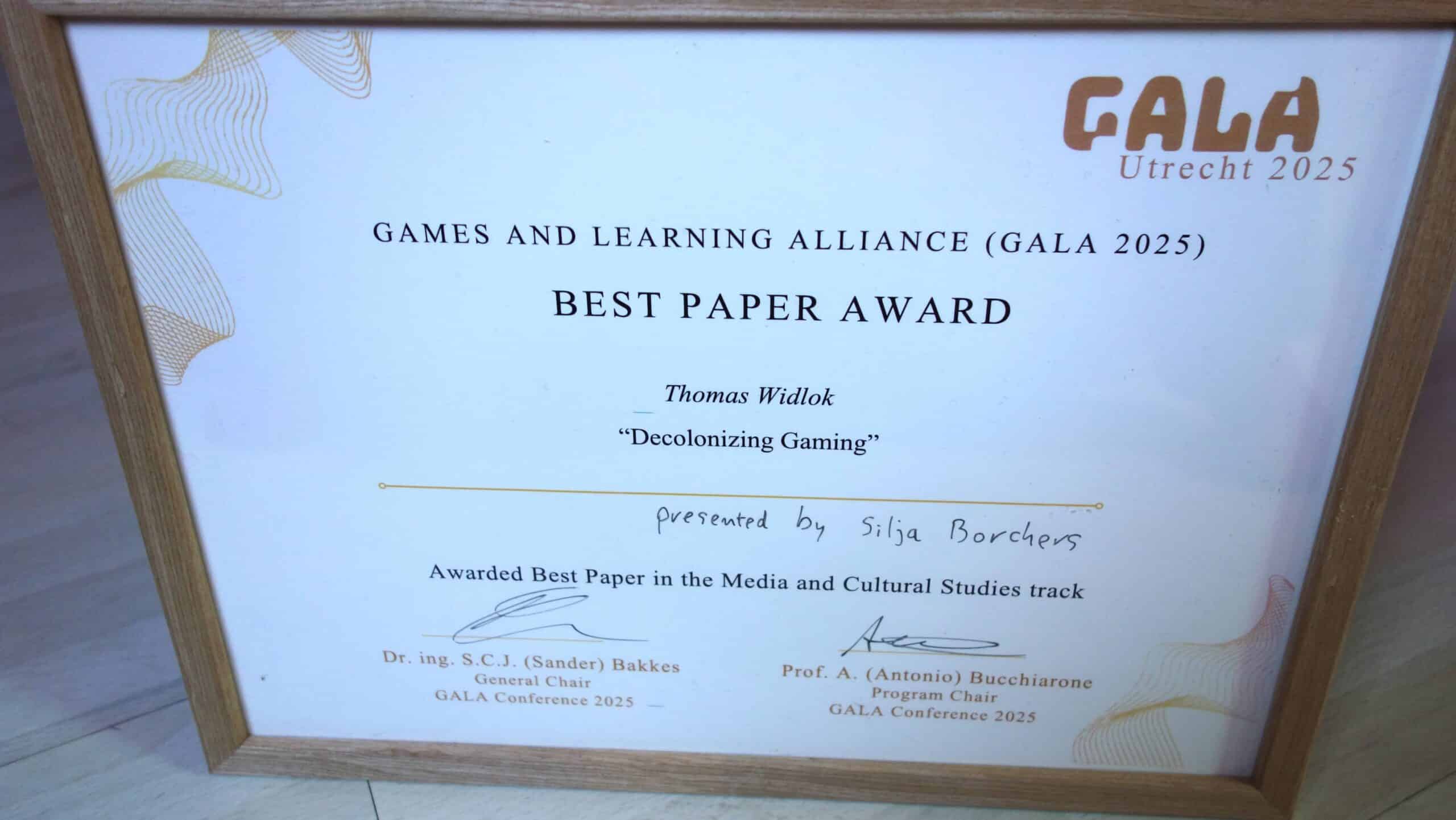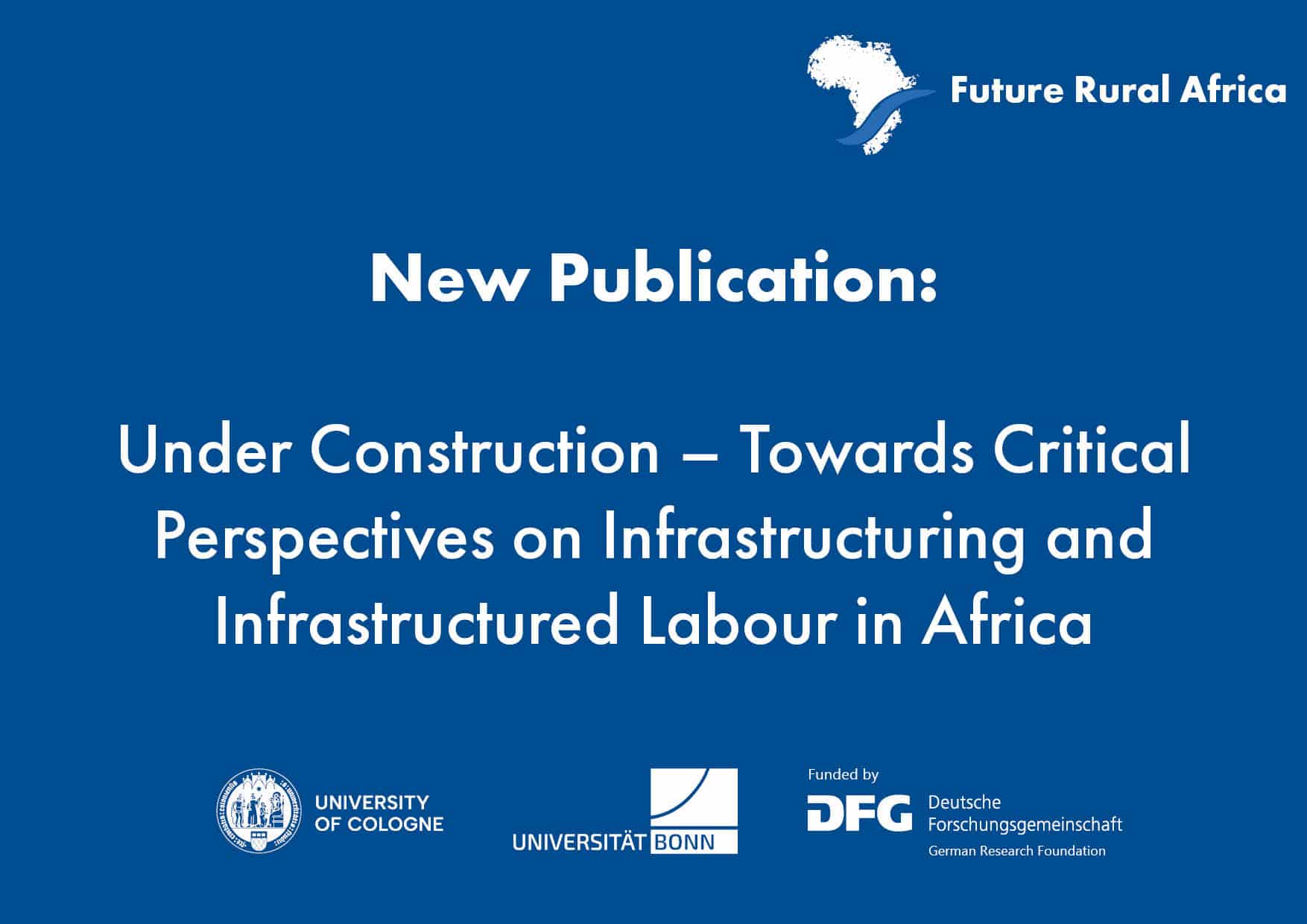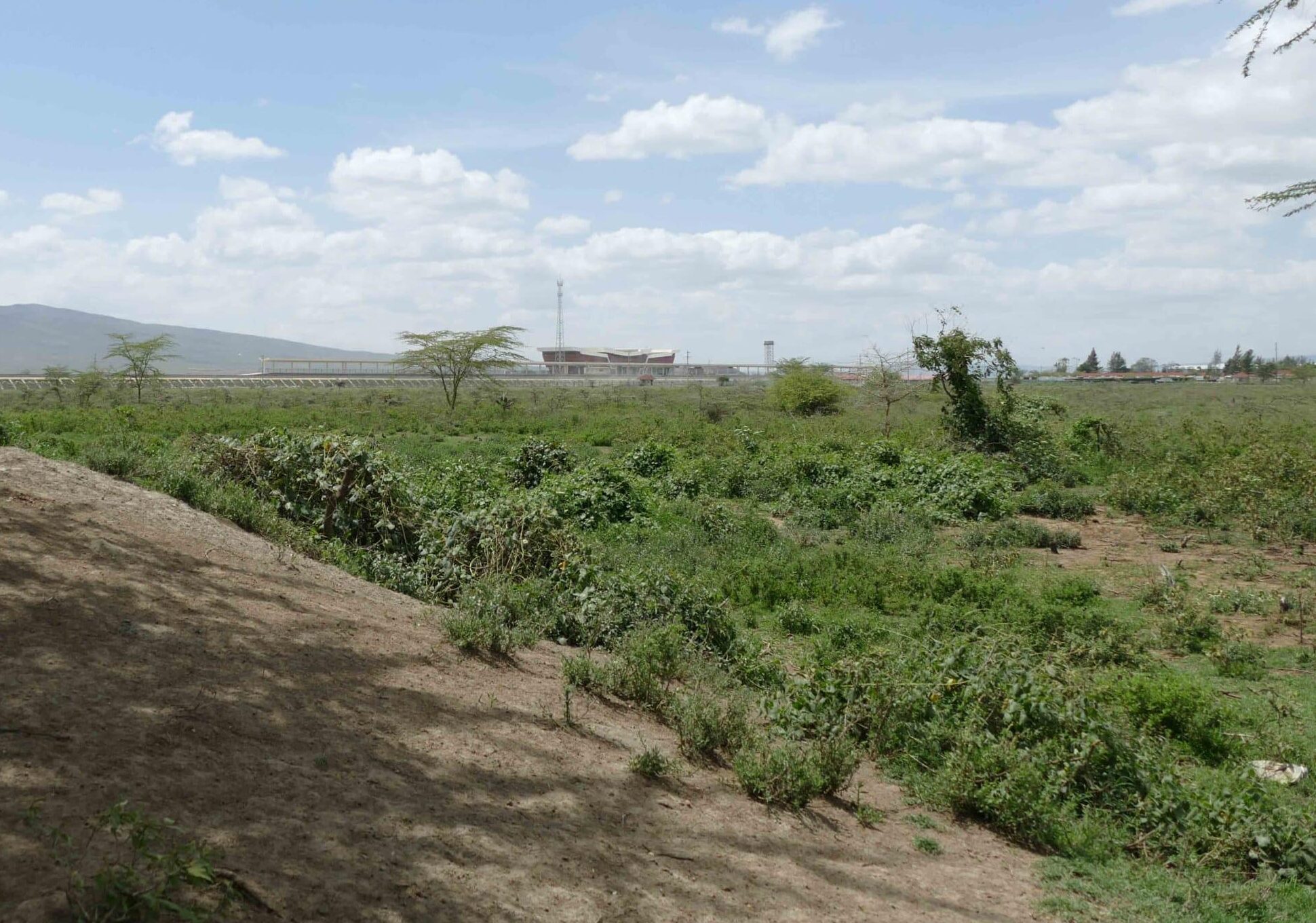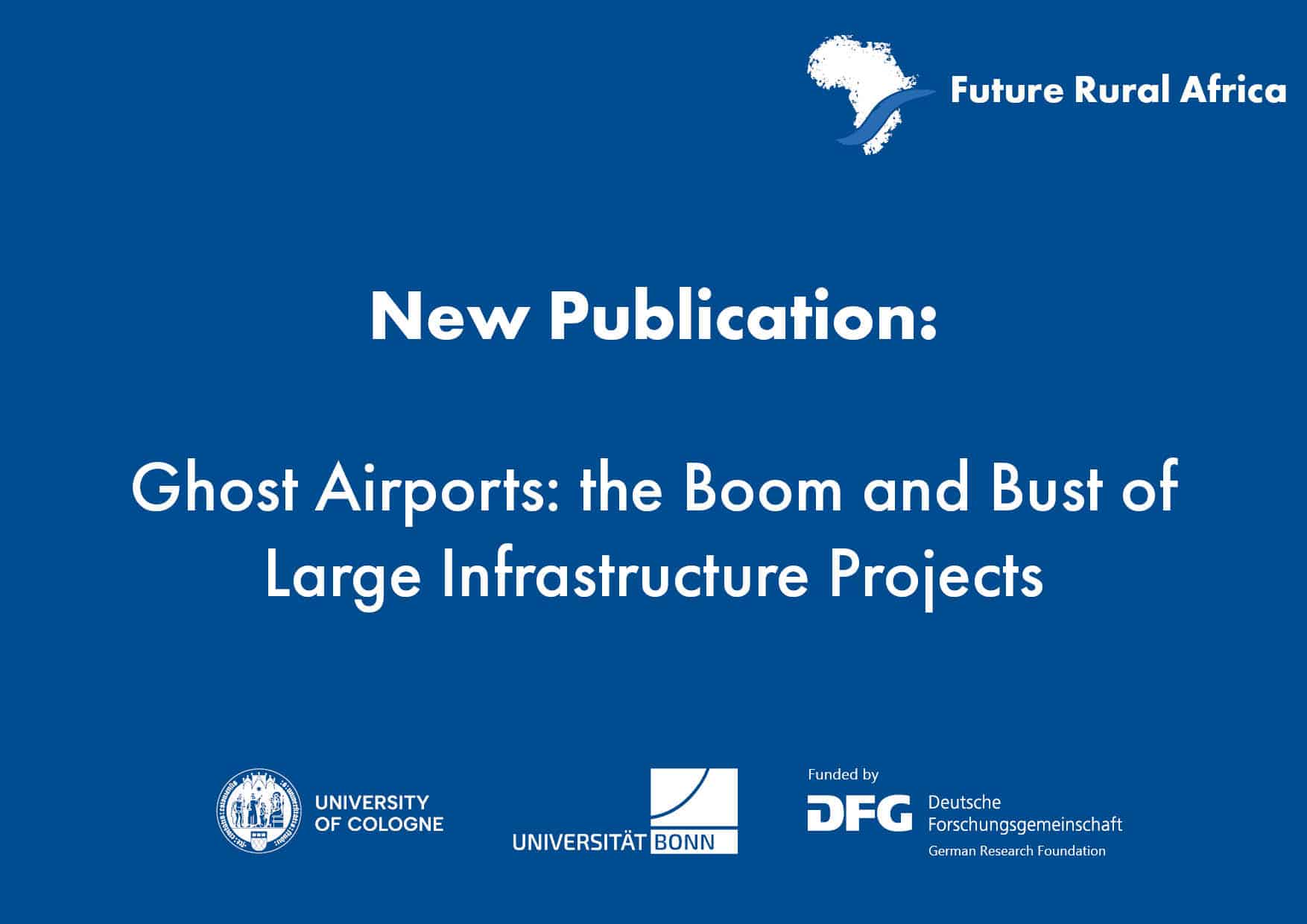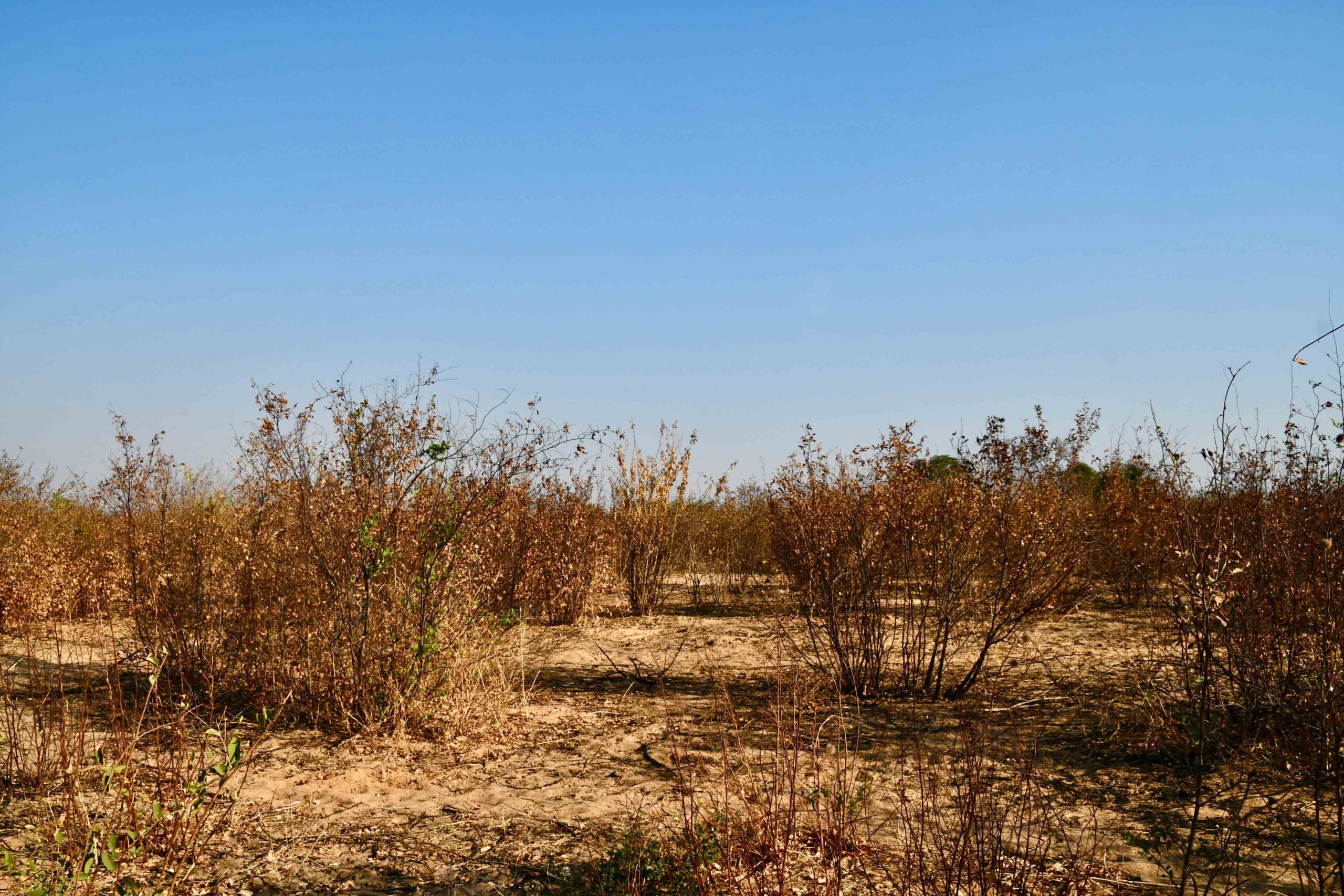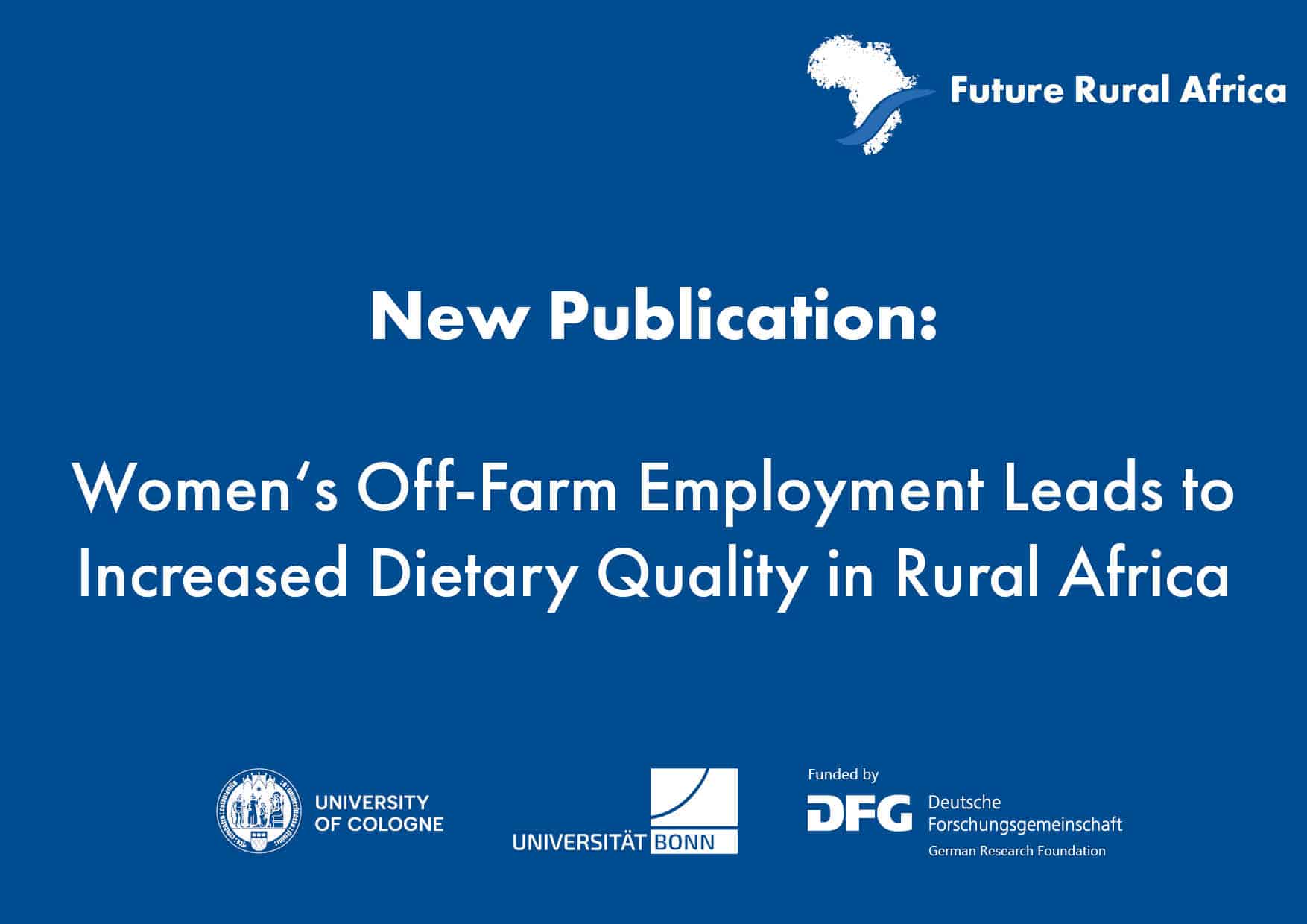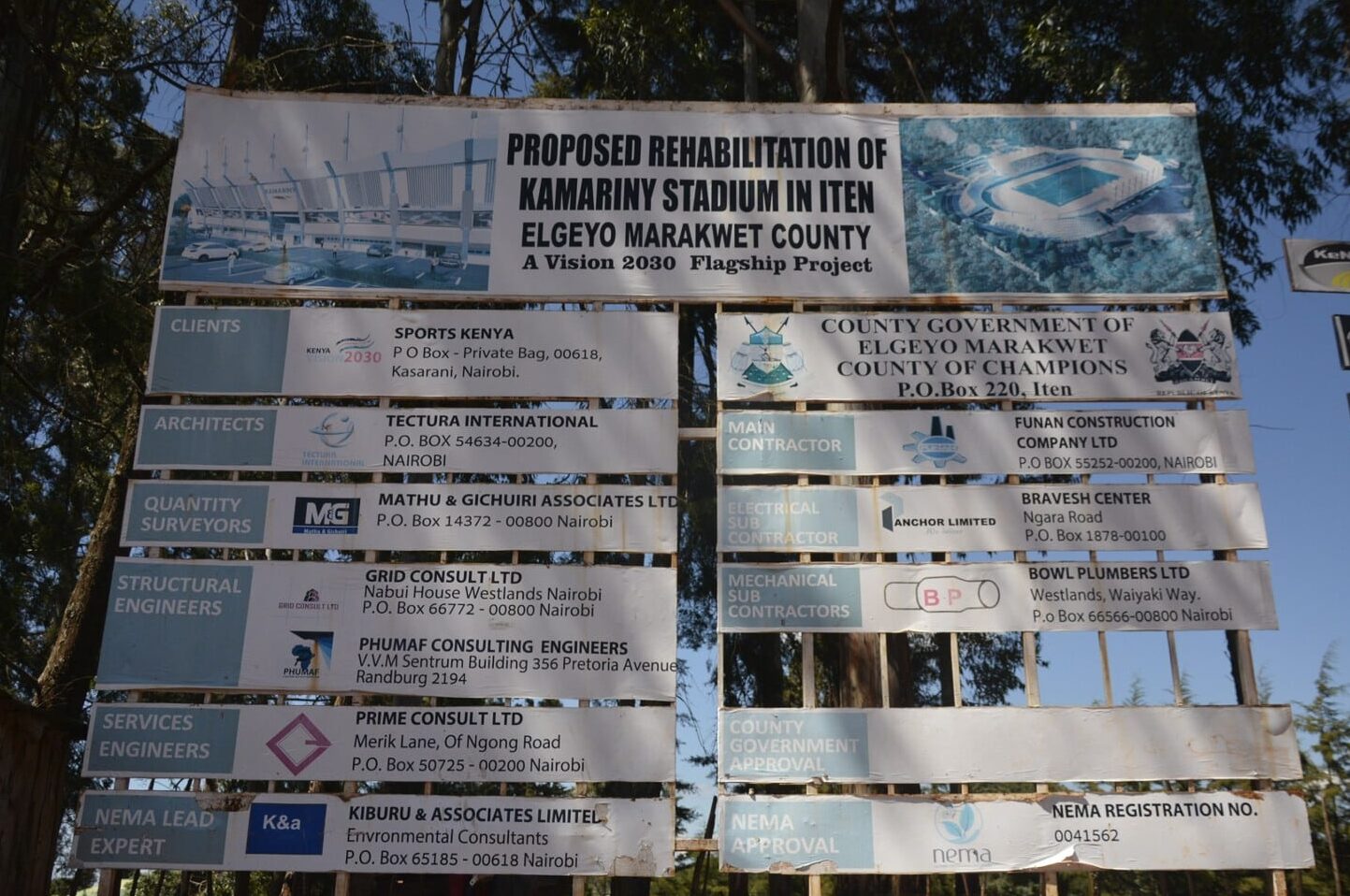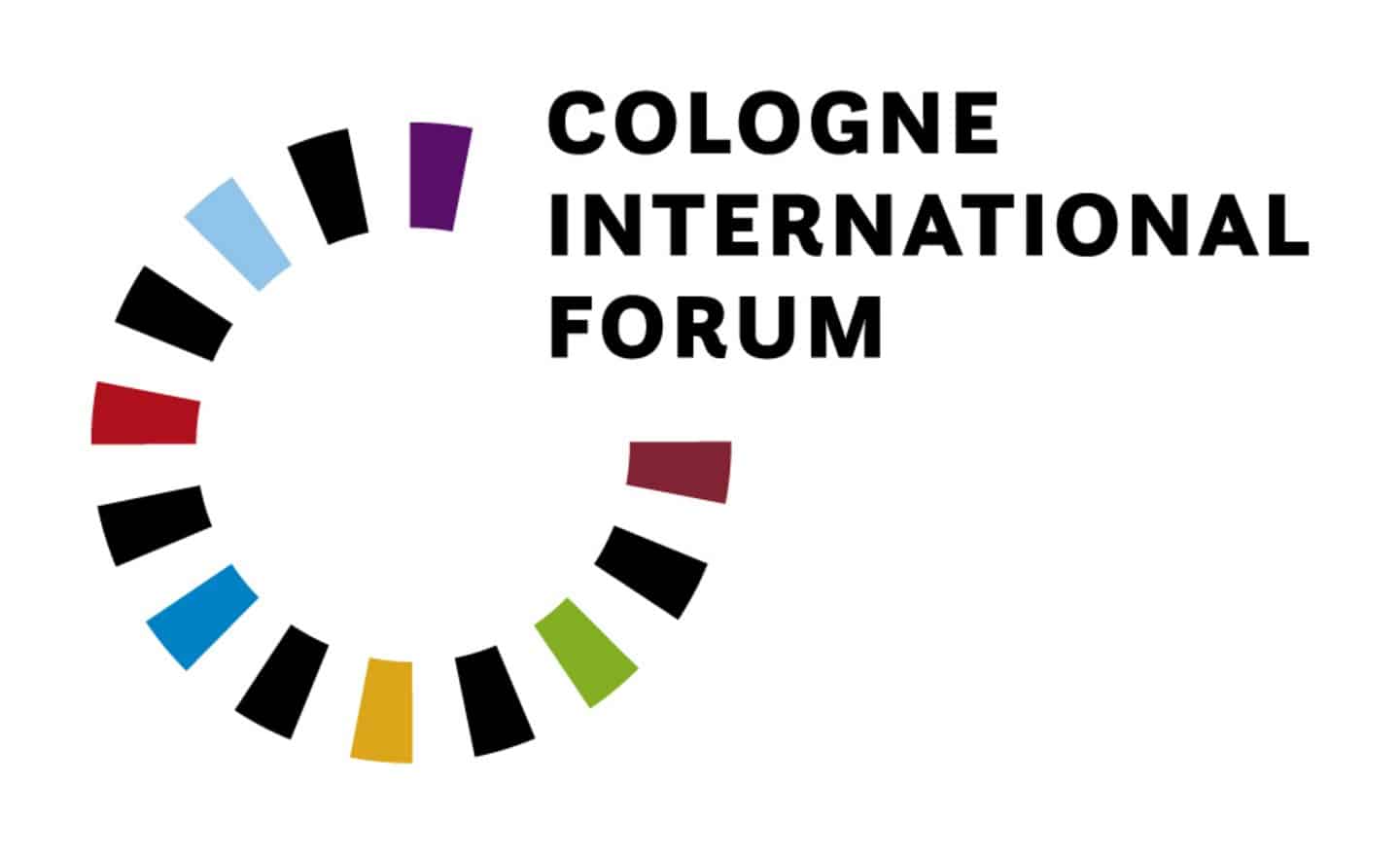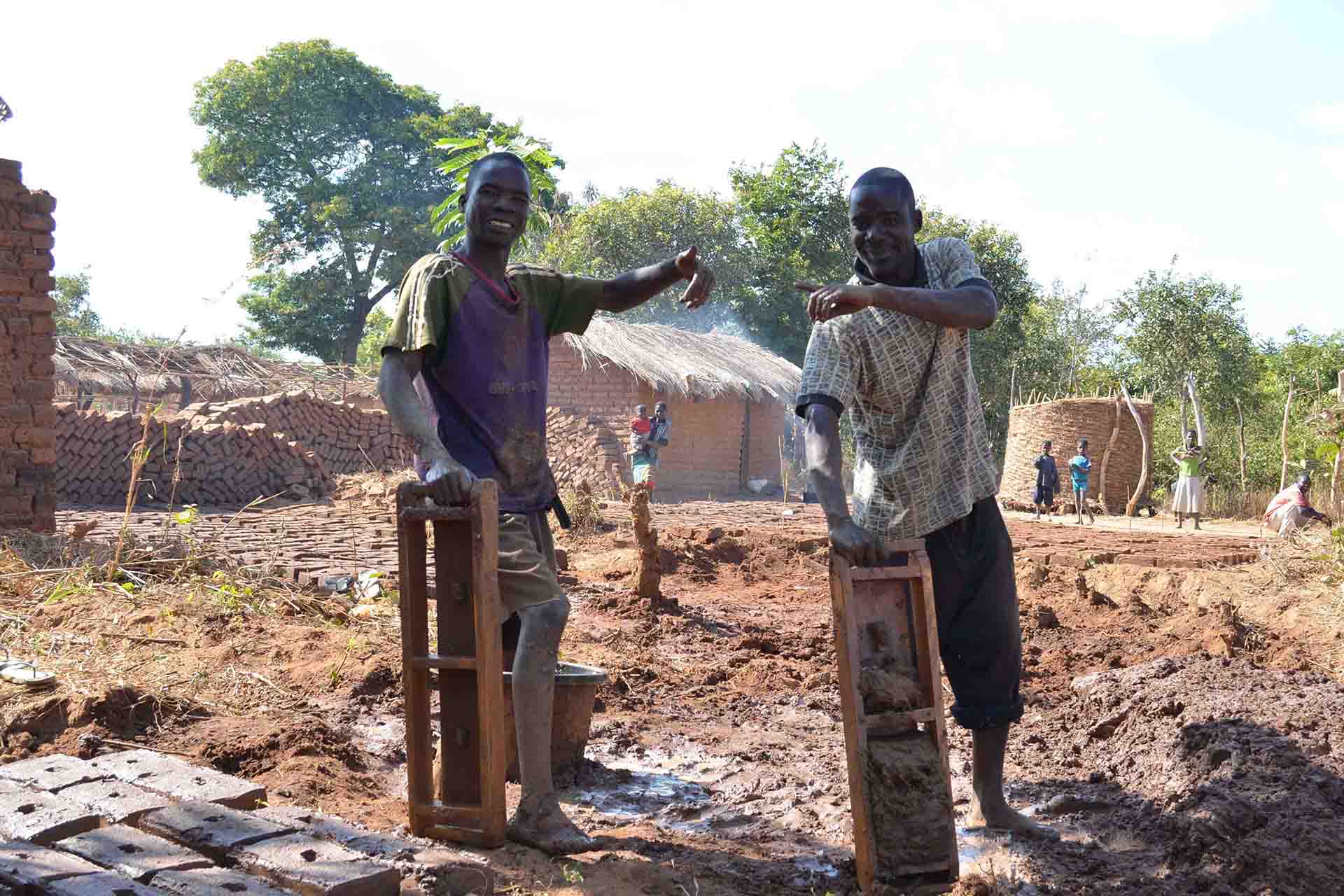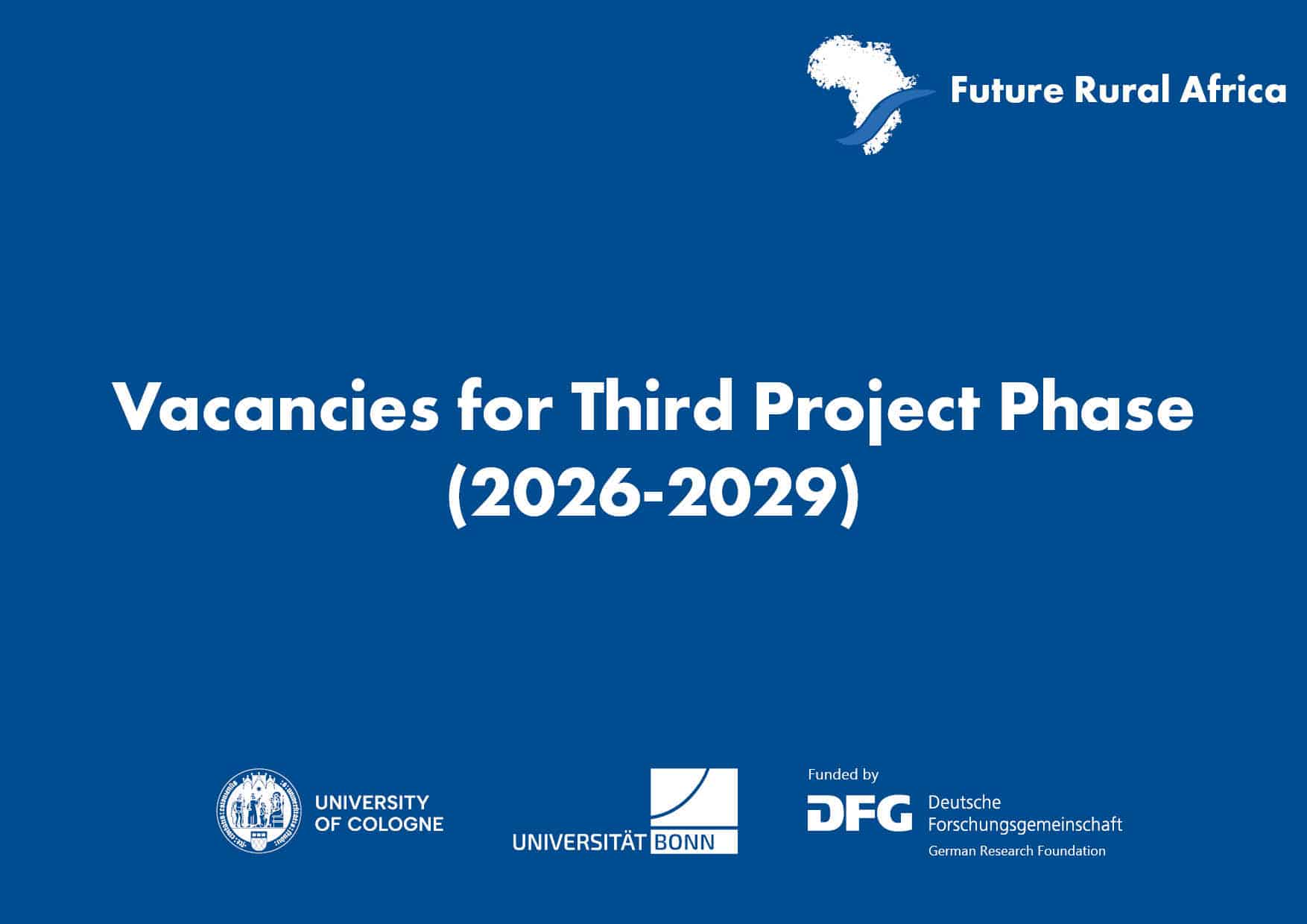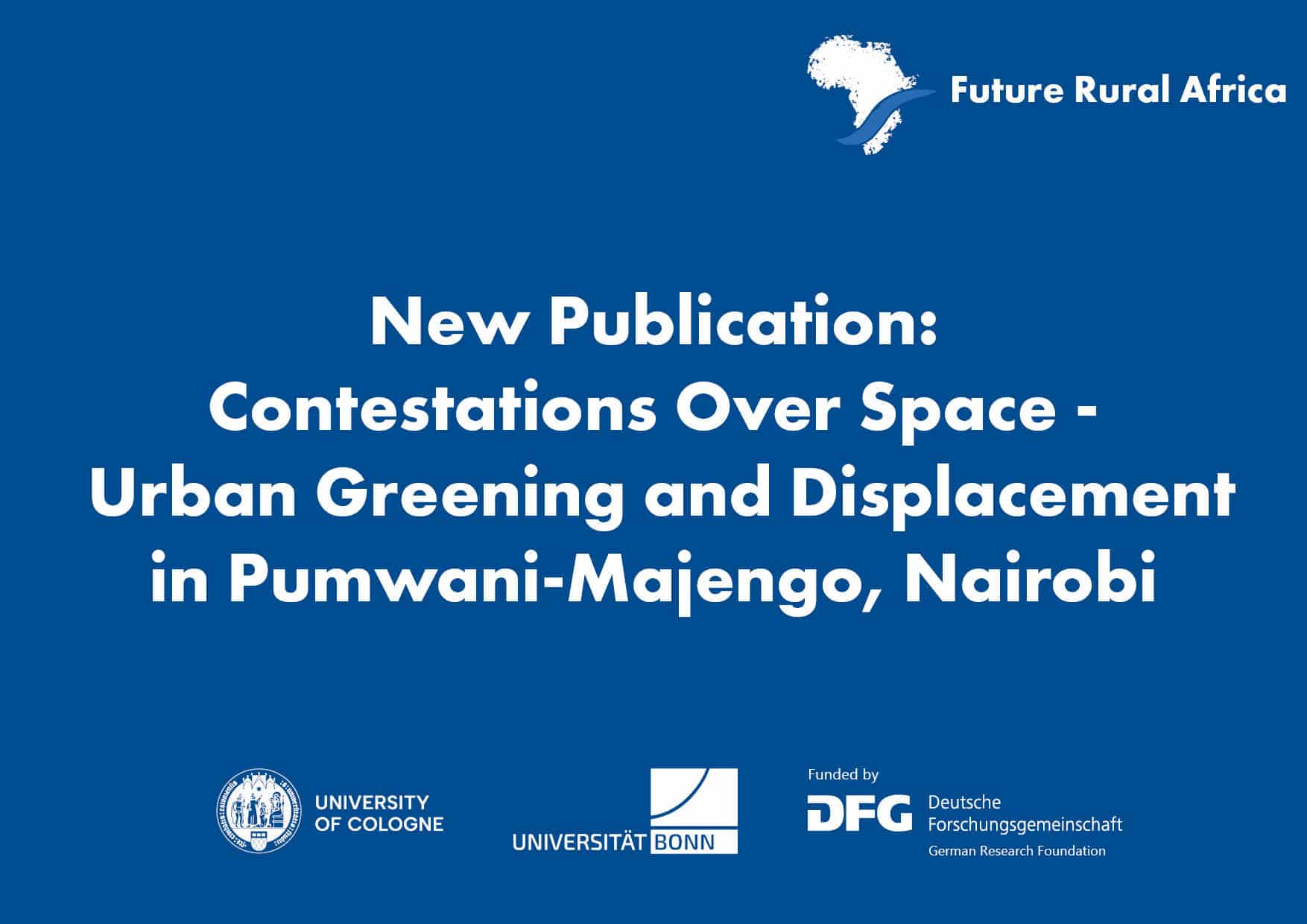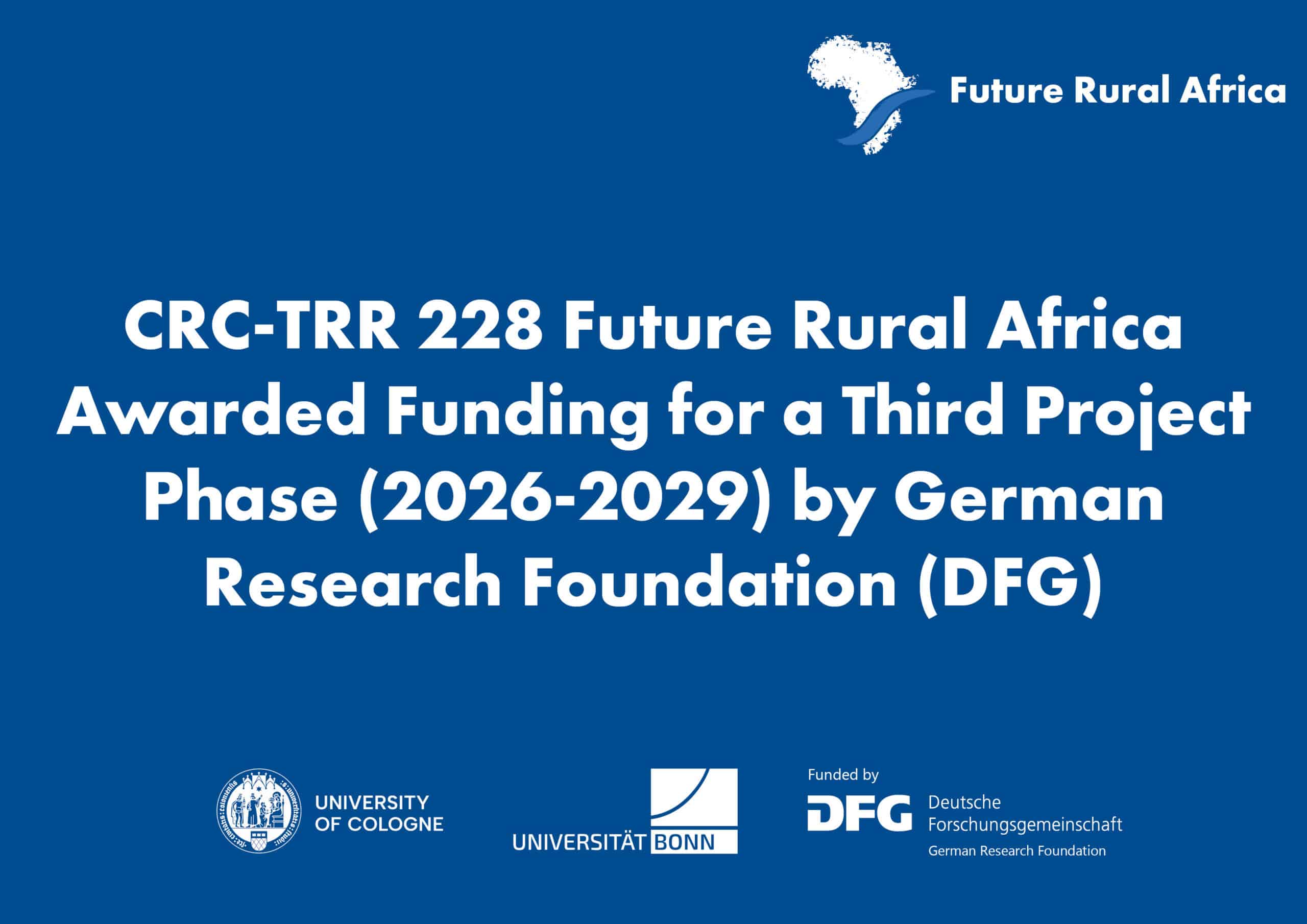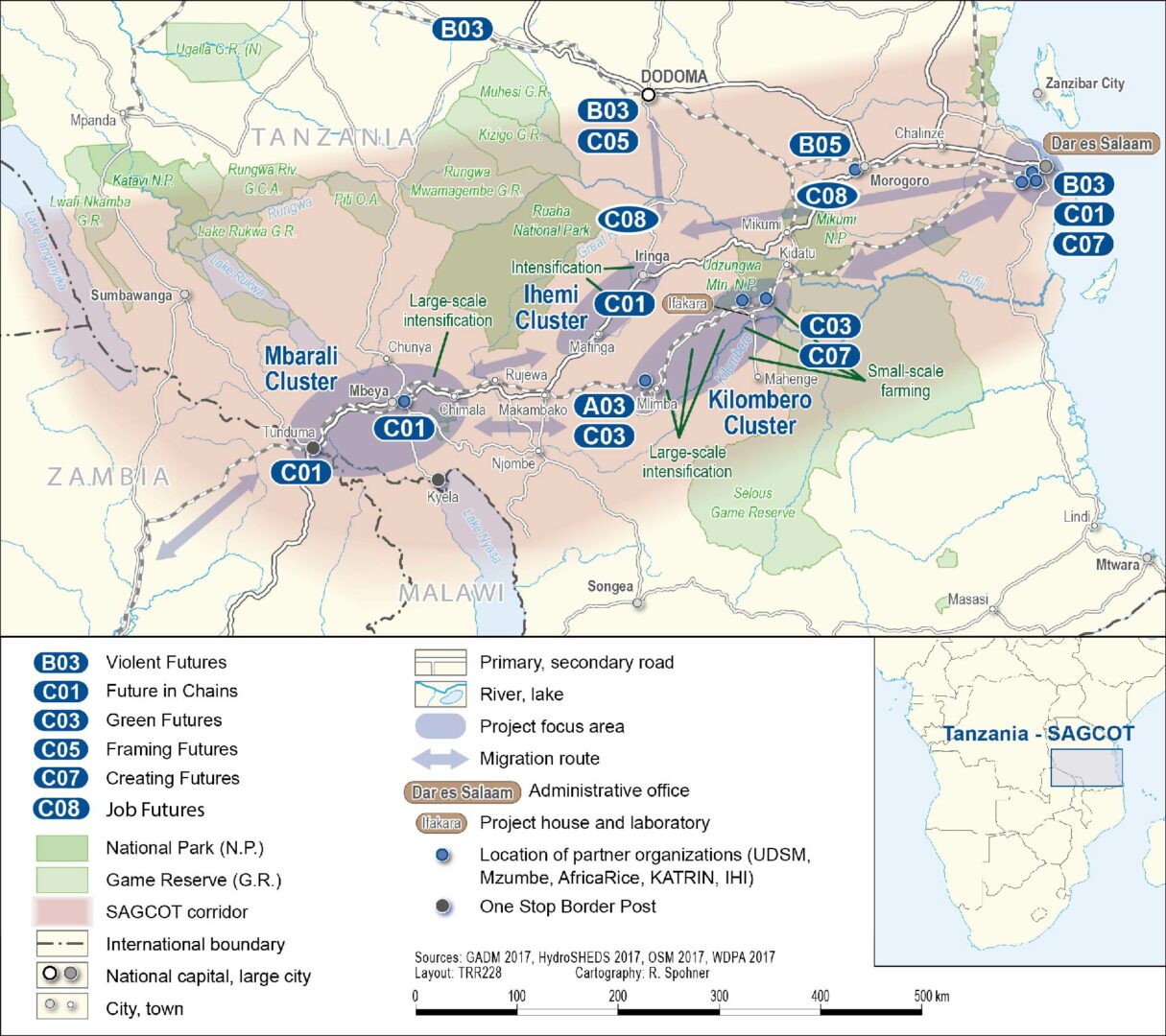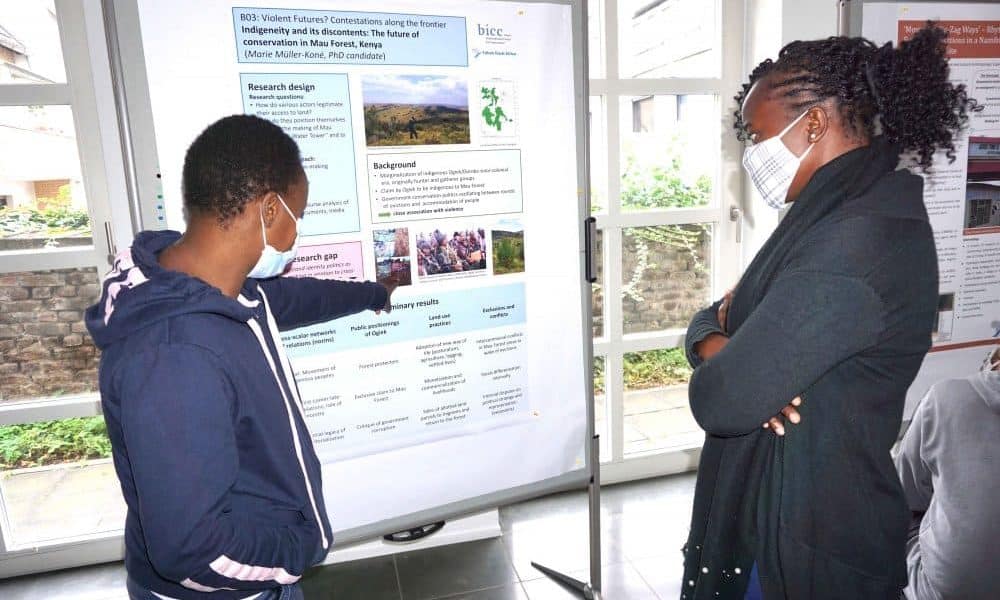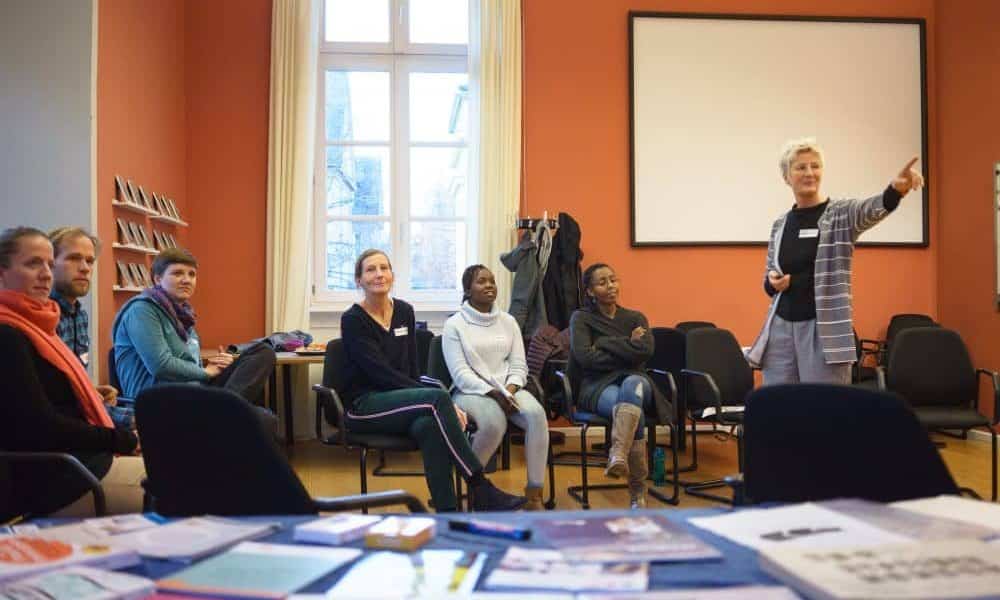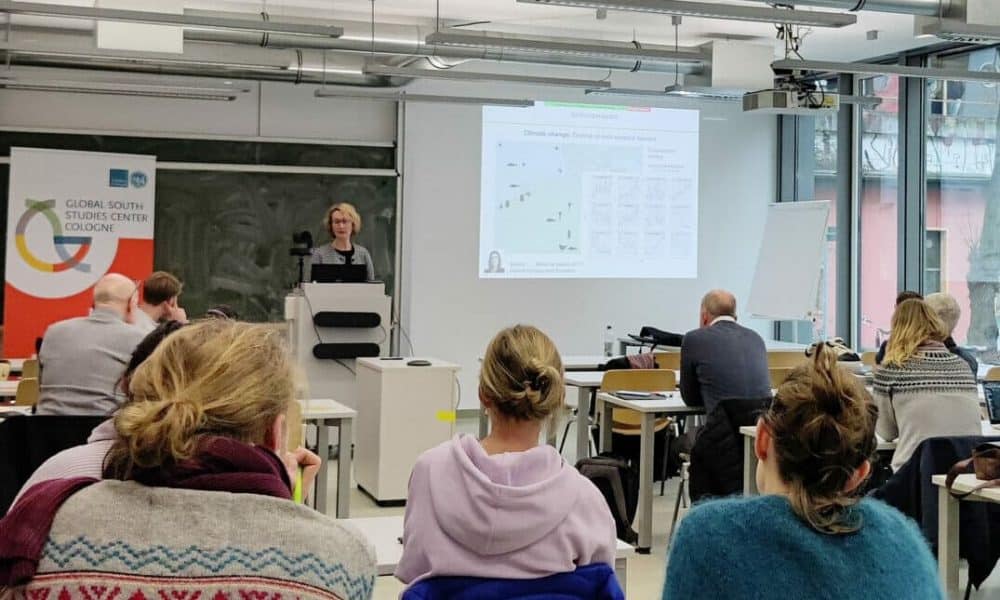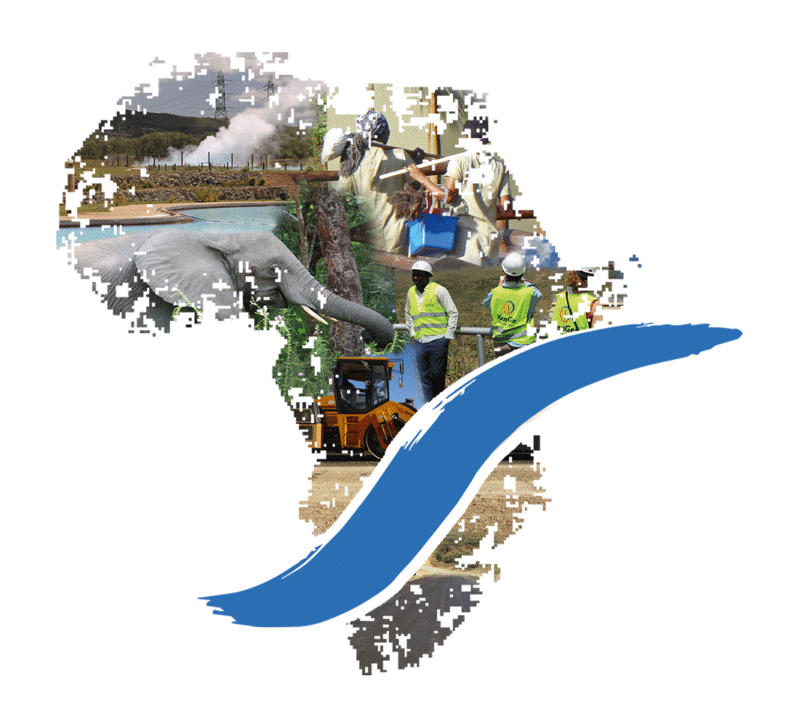
CRC-TRR 228
Envisioning the Future of Rural Africa
Latest News
“Decolonizing Gaming”: Thomas Widlok Awarded GALA Best Paper Award 2025
New Special Issue Explores Infrastructure, Labour, and Power in African Contexts
Beyond Displacement: How Tanzania’s SGR Is Reshaping Maasai Pastoral Life
When Airports Become Ghosts: New Study Examines Failed Mega-Projects in Africa and Europe
Protecting Dryland Rangelands: Grazing Management and Biodiversity Conservation Key to Preventing Plant Invasions
Women’s Off-Farm Employment Leads to Increased Dietary Quality in Rural Africa
Online Workshop: Commitment, Courage, Curiosity: How to be(come) an Inclusive Leader
Wood Density Varies More Within Species than Previously Recognized, Global Analysis Shows
Power, Land, and Informality: How Cartels Shape Governance and Urban Life in Nairobi’s Informal Settlements
New Publication: The Politics of Suspended Infrastructure in Kenya
Cologne International Forum Grants: Innovative Tandem Collaborations
Beyond Farming: New Evidence Reveals Poor Pay and Precarious Work in Rural Africa
Available Positions for Third Funding Phase
New Study Reveals How Urban Greening Fuels Displacement and Inequality in Nairobi’s Informal Settlements
CRC-TRR 228 Future Rural Africa Awarded Funding for a Third Project Phase (2026-2029) by German Research Foundation (DFG)
Picture: Nairobi, Kenya © wollwerth, Envato Elements
Our Projects
Exploring Future Making and Social-Ecological Transformation in Rural Africa
The CRC is structured in three project groups, each organized around a bridging concept that addresses specific aspects of SET and future-making. Project group A (‘coupling’) studies the articulation between social and ecological subsystems, B (‘boundaries’) looks at the shifting zones of interaction and confrontation, and C (‘linkages’) explores cross-scalar drivers, connections and causations. Empirical research focusses on development hubs in the Kenyan Rift Valley (KRV), the Southern Agricultural Growth Corridor of Tanzania (SAGCOT), and the Kavango Zambezi Transfrontier Conservation Area (KAZA). The CRC builds upon profound research experience from the applicants and African partners, amplifies the unique combination of expertise at the universities of Bonn and Cologne, fosters partnerships with scholars and scientific institutions in Africa, and aims at making Bonn-Cologne one of the leading centres of innovative research in the emerging field of futures studies and social ecology in Africa.
CRC Events
We host a variety of events
We regularly organise a variety of events bringing together academics, experts, the general public and other stakeholders to discuss the results of research conducted within the CRC. The goal is to to explore innovative approaches to future-making in rural Africa and to address some of the challenges arising in the context of our research. Events include the CRC Public Lecture Series, various exhibitions aimed at transfering our research results to a wider audience and internal events such as summer schools, workshops, booklaunches, research-retreats and more.
Our Partners
CRC Members
Our Team of Experts
We are proud to have a talented and dedicated team of researchers and coordinating staff who are working together to achieve our mission. Our team of researchers is made up of individuals from a wide range of disciplines including geography, anthropology, political science, agroeconomics and soil science. The CRC emphasizes international collaboration and the contributions of team members from our African partner institutions are critical for our success.

